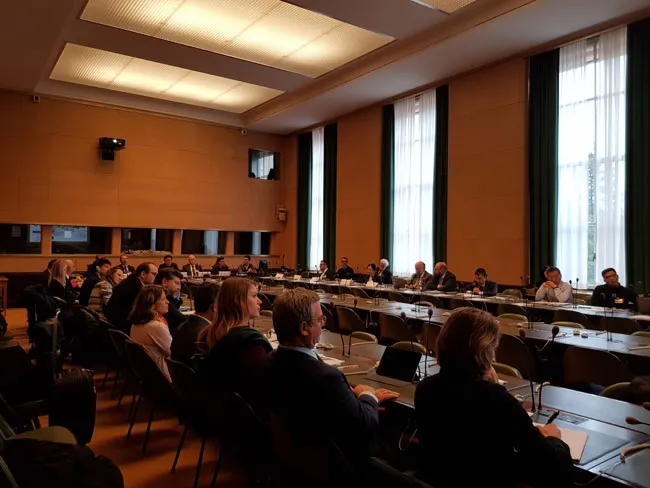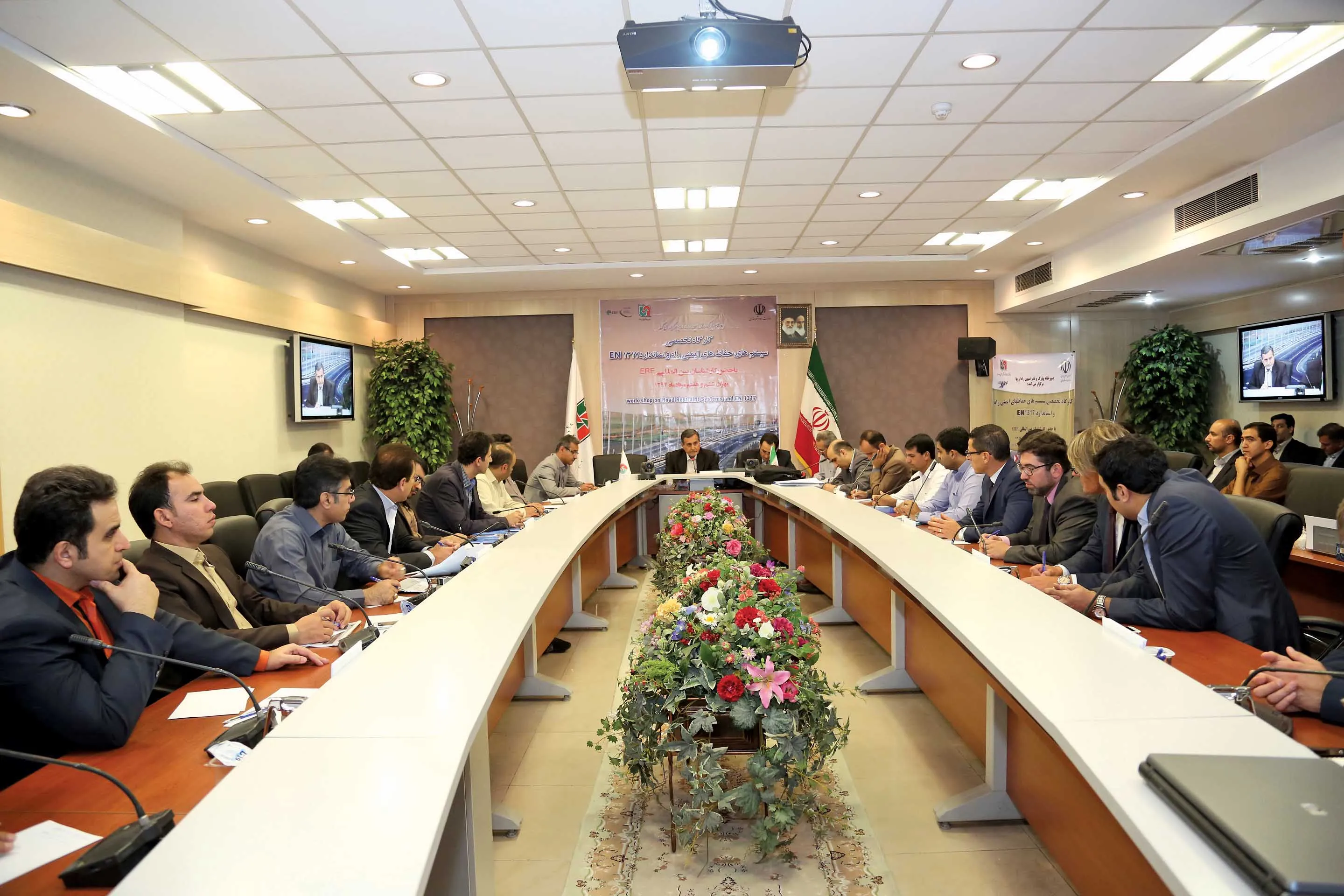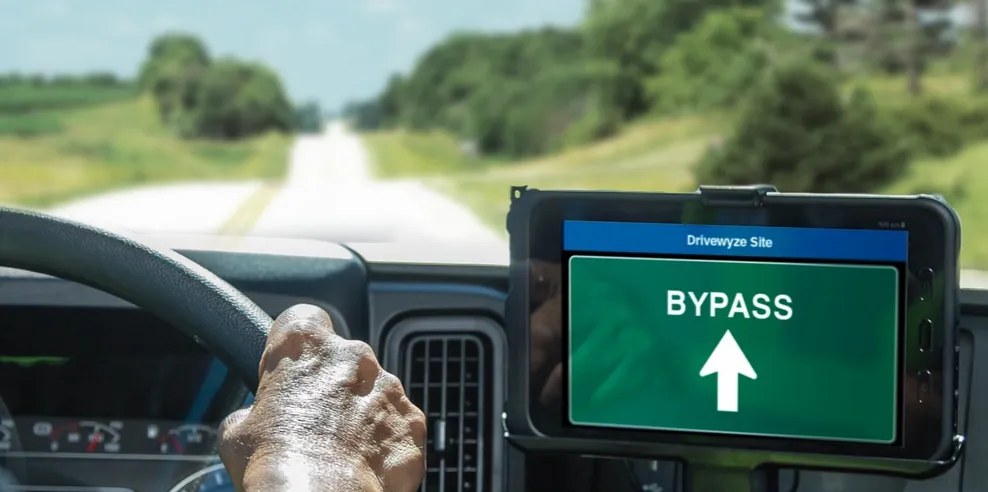
This approach acknowledges that people make errors and that the human body has a biomechanical threshold for kinetic energy, both of which need to be adapted by Safe System designers in order to minimise the severity of crashes. It advocates for several key steps towards safer roads: managing speeds more effectively, rethinking the design of streets and highways, leveraging vehicle technology, improving post-crash care, strengthening traffic law enforcement, reforming licensing systems, and promoting alternatives to private car use.
The new report from SuM4All, Enhancing Policy and Action for Safe Mobility provides practical guidance, case studies, and resources to help countries implement the Safe System approach. This is a pragmatic model that calls for a proactive and coordinated approach to road safety among all relevant stakeholders, with the objective of creating transport systems that are safer by nature and account for human error.
“The report rightly recognises that the overarching priority for the coming decade is to address the operational requirements of road safety delivery at national, subnational, and city levels. There is a pressing need for adequate financing and institutional strengthening efforts to support this," said Said Dahdah, head of the Global Road Safety Facility and Global Lead for Road Safety at the World Bank.
At the global level, road safety remains a serious global health and development concern, with more than 1.35 million people killed and 50 million people injured on roads every year. Over 90% of road fatalities occur in low- and middle-income countries, which account for only 50% of the world’s vehicle fleet.
Broader adoption of the Safe System approach could go a long way in tackling the global road safety crisis. To make this happen, the new SuM4All report provides detailed recommendations on how the approach can be mainstreamed into road safety, sustainable mobility, and urban development.
“This work exemplifies the invaluable convening power of SuM4All and the impact that it can generate. Road safety needs more than ever coordinated approaches and hands-on guidance that can help drastically reduce deaths and injuries on our roads. In line with IRF’s mission and work aiming at enhancing partnerships to deliver better mobility systems for all, we have been delighted to coordinate this work. By flipping the hierarchy and putting people first, we are able to deliver not only safe but also more sustainable journeys to all," commented Susanna Zammataro, director general of the International Road Federation (IRF).
The report provides multiple entry points on how countries can implement a systemic and integrated approach to road safety in a way that will have positive spillover effects for other important dimensions of sustainable mobility, such as universal access, efficiency, and green mobility.
The main recommendations include:
- Embedding the Safe System approach to road safety into transport policies, strategies, and programmes at national, sub-national, and local levels to ensure alignment in design, regulatory and legislative instruments, and projects.
- Building capacity on the Safe System approach among decision-makers, government agencies, experts, and specialists in safe and sustainable mobility.
- Increasing awareness, public support, and value for implementing the Safe System approach by connecting and communicating the importance of road safety in climate action, individual and public health, and clarifying sustainable mobility.
“Safety is at the heart of everything we do at Michelin. But beyond this, safe mobility is a global commitment for the Group. Michelin believes it has a responsibility to make mobility safer all over the world and is therefore involved in multiple collaborations with public and private-sector partners to meet the challenge. As a co-leader together with IRF of the SuM4All workstream, Michelin has experienced the power of dedicated stakeholders joining forces to streamline the multitude of bottom-up approaches and scattered projects, and to shape upstream a systemic framework and process, from high level statements to consistent safety action on the ground,” said Nicolas Beaumont, Senior VP Sustainable Development and Impact at Michelin during the launch of the report.
• More information and access to the report can be found at www.sum4all.org.









